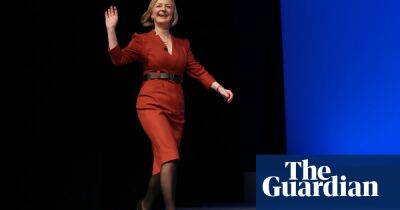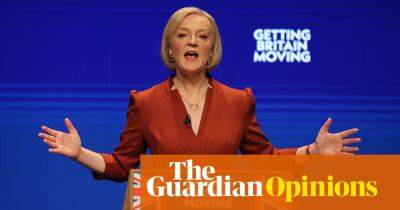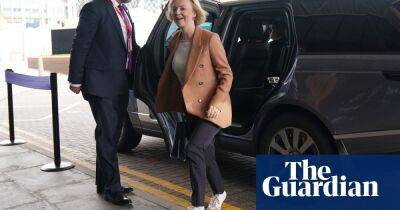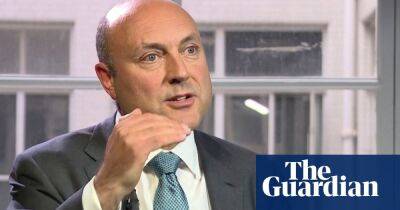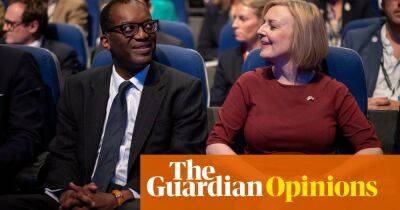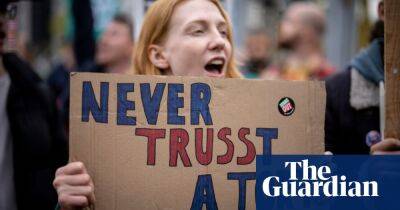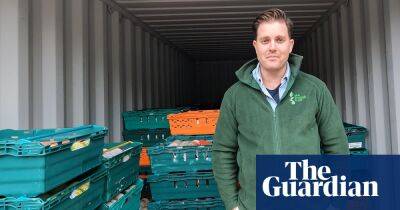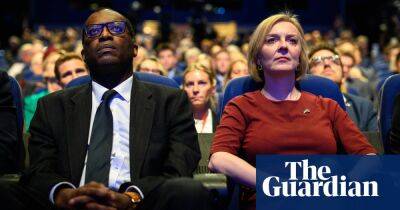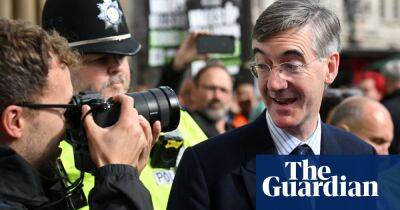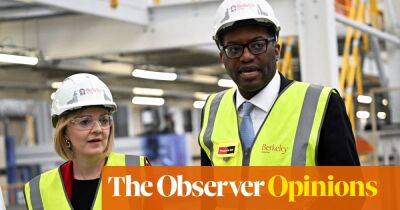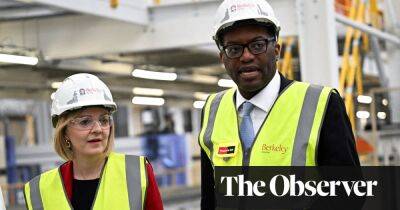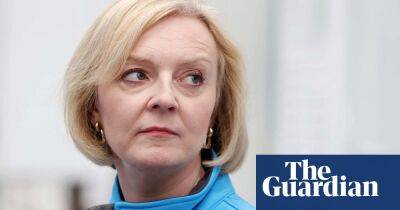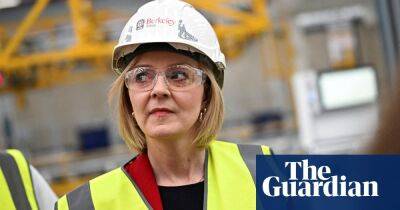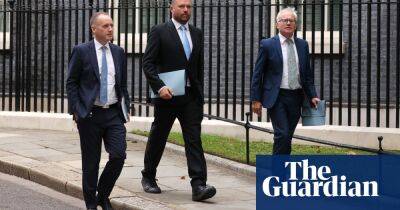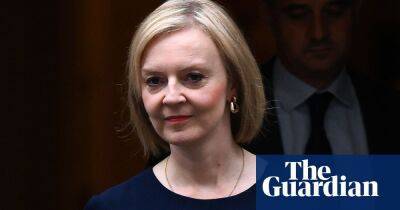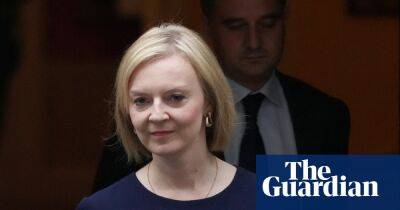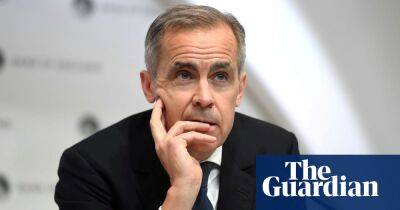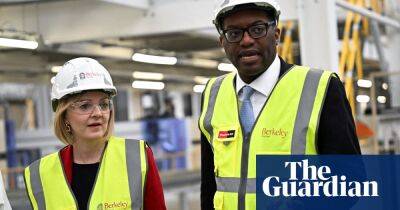Truss’s go-for-broke gamble means Labour inherits economic mess if it wins election
Labour tends to come to power with the economy in poor shape. That was the case for Clement Attlee in 1945 and for Harold Wilson in both 1964 and 1974. Of the party’s postwar premiers, only Tony Blair arrived in Downing Street with the economy in decent condition.
Blair was the last Labour leader to win an election, 17 years and four defeats ago, so the talk at the party’s conference in Liverpool this week will be that nothing can be taken for granted and there is still work to be done.
Fair enough. There have been occasions in the past – 1992 most notably – when Labour snatched defeat from the jaws of victory, meaning a degree of caution is warranted. Yet despite the reluctance to count chickens, there is now a real chance of history repeating itself. The election is there to be lost but Labour will inherit an economic mess if it wins.
Things could hardly have gone better for the party since it met in Brighton last year. The post-Covid recovery in the economy fizzled out. Scandal forced Boris Johnson to resign. Over the summer inflation has risen to its highest level in 40 years. Living standards have been eroded. A second recession in less than three years is underway. Liz Truss and Kwasi Kwarteng have seen their pro-rich mini-budget shot down in flames by the financial markets.
Labour now outscores the Conservatives for economic competence, perhaps unsurprisingly given a backdrop of stagflation, rising interest rates and the weakness of the pound. Markets currently see sterling as a one-way bet, just as they did when the UK was forced to leave the European exchange rate mechanism 30 years ago, on Black Wednesday.
Friday was not quite a Black Wednesday moment for Truss, because the government is not trying to defend a fixed
Read more on theguardian.com

